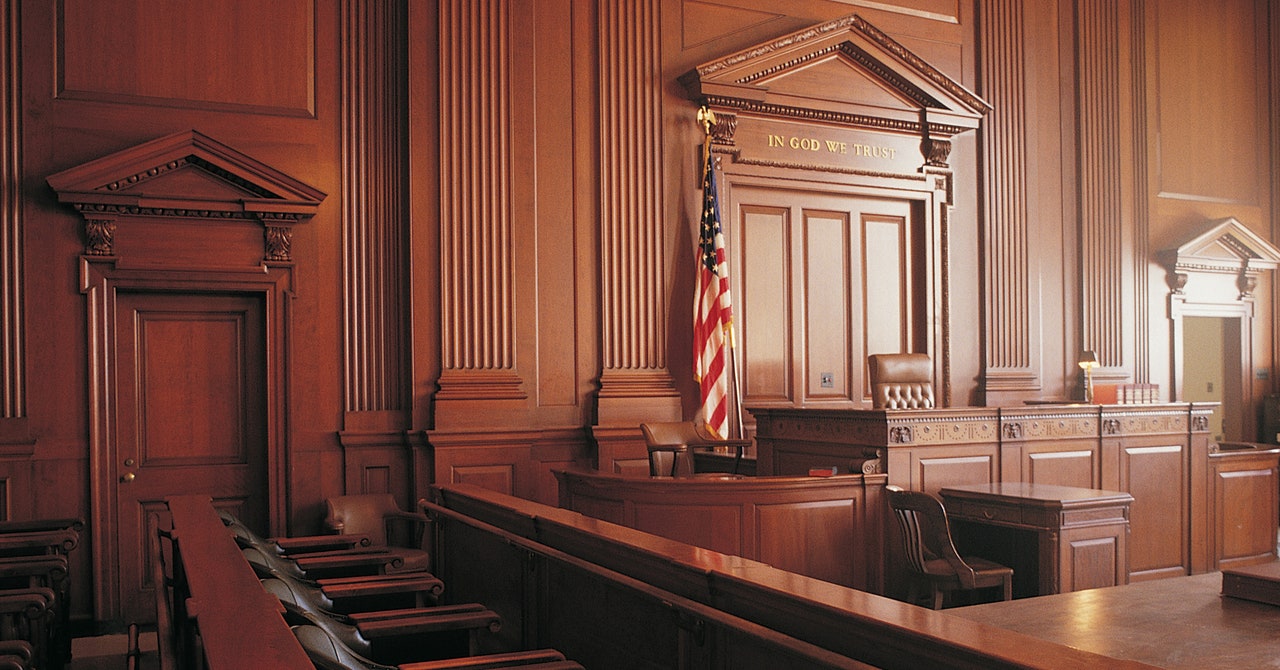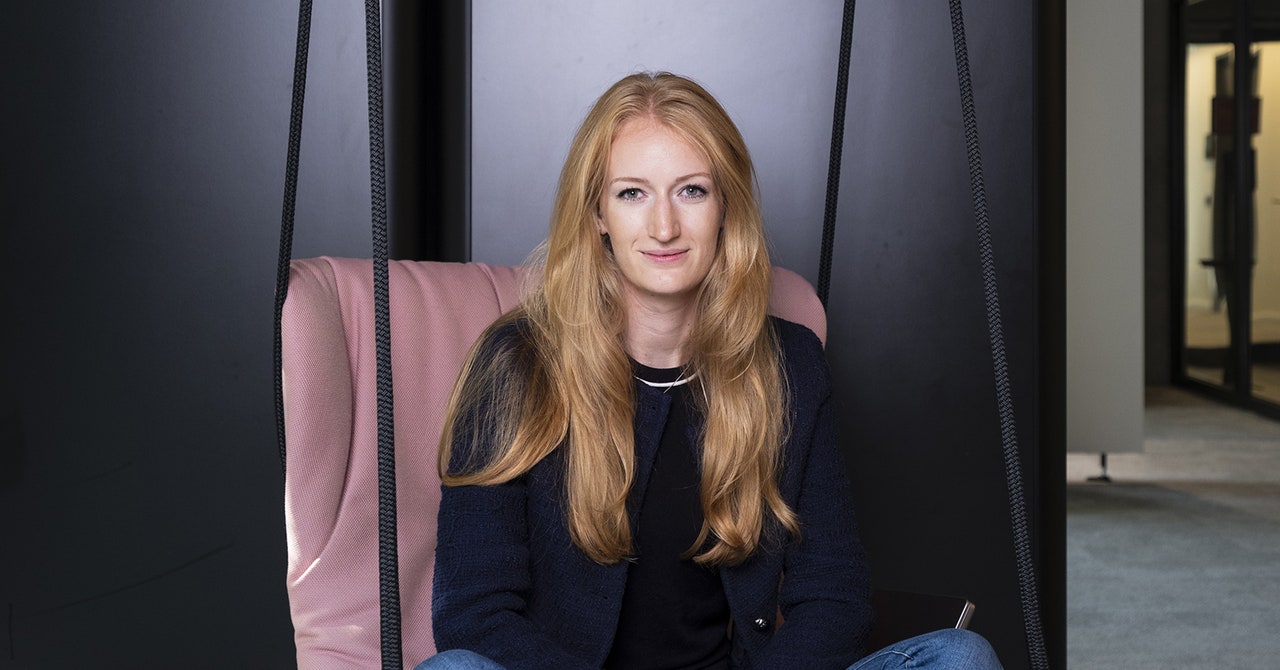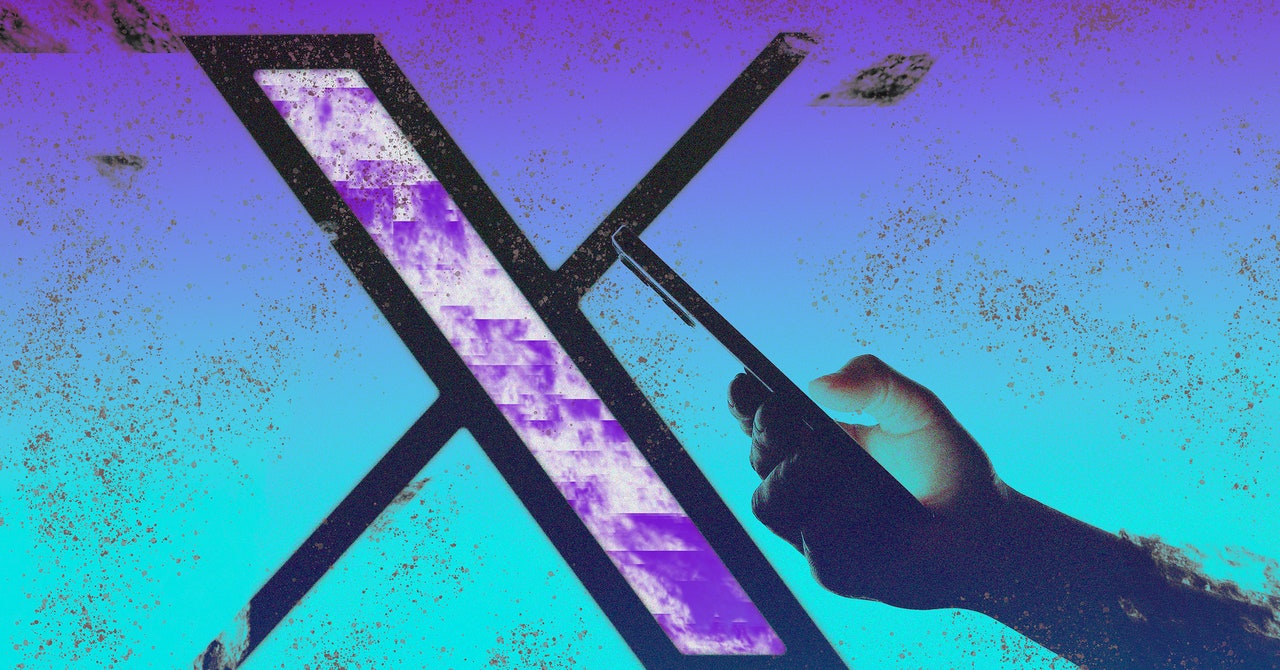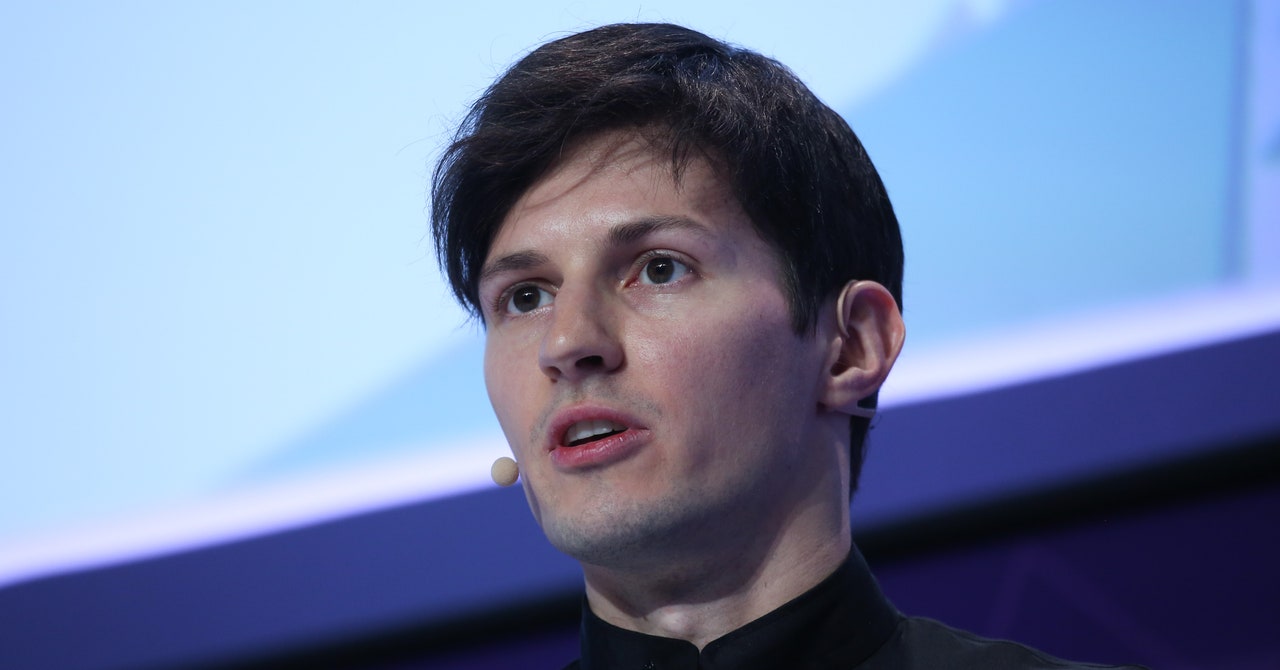The Internet Archive won a pyrrhic victory on appeal. Although the Second Circuit sided with the district court’s original decision, it made clear that it did not view the Internet Archive as a commercial entity, emphasizing instead that it was clearly a non-profit operation. Grimmelman sees it as the right call: “I’m glad to see the Second Circuit right this wrong.” (He signed an amicus brief in the appeal arguing that it was wrong to classify the use as commercial.)
“Today’s appellate decision upholds the rights of authors and publishers to license and be compensated for their books and other creative works, and reminds us in no uncertain terms that infringement is both costly and contrary to the public interest,” President and CEO of the Association of American publishers Maria A. Pallante said in a statement. “If there is any doubt, the Court makes clear that under fair use jurisprudence there is nothing transformative about converting entire works into new formats without permission or appropriating the value of derivative works that are a key part of an author’s copyright package.”
In a statement, Internet Archive Director of Library Services Chris Freeland expressed disappointment “in today’s opinion regarding digital borrowing of Internet Archive books that are available electronically elsewhere. We reconsider the court’s opinion and will continue to protect the rights of libraries to own, borrow and store books.”
Dave Hansen, executive director of the Author’s Alliance, a nonprofit organization that often advocates for expanded digital access to books, also spoke out against the decision. “The authors are researchers. Authors are readers,” he says. “The IA Digital Library helps these authors create new work and supports their interests in seeing their work read. This decision may benefit the biggest publishers and the most famous authors, but for most it will do more harm than good.”
The Internet Archive’s legal woes aren’t over. In 2023 a group of music labels, including Universal Music Group and Sony, sued the archive for copyright infringement in connection with a music digitization project. This case is still working its way through the courts. Damages could reach up to $400 million, an amount that could threaten the existence of the non-profit organization.
The new ruling comes at a particularly tumultuous time for copyright law. Over the past two years, there have been dozens of copyright infringement lawsuits filed against major AI companies that offer generative AI tools, and many of the defendants in those cases argue that the fair use doctrine protects their use of copyrighted data in training for AI. Consequently, any major lawsuit in which judges overturn claims of fair use is closely watched.
It also arrives at a time when the enormous importance of the Internet Archive in digital storage is being felt strongly. The Archive’s Wayback Machine, which catalogs copies of websites, has become a vital tool for journalists, researchers, lawyers, and anyone interested in Internet history. Although there are other digital preservation projects, including a national effort by the US Library of Congress, nothing similar is available to the public.




